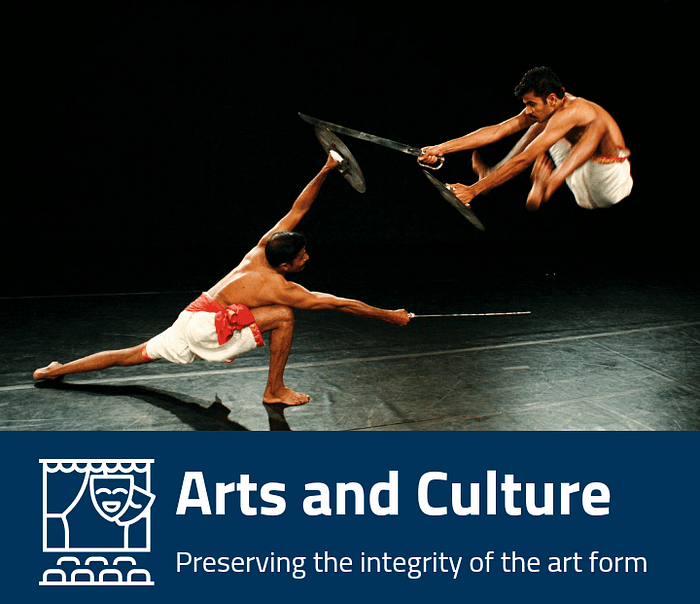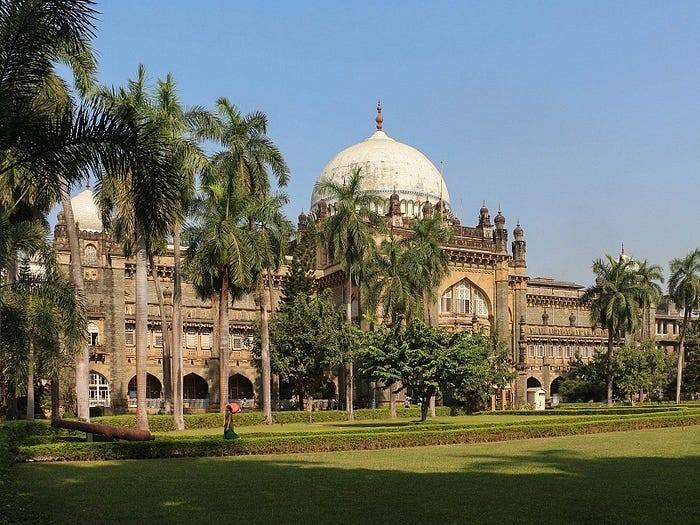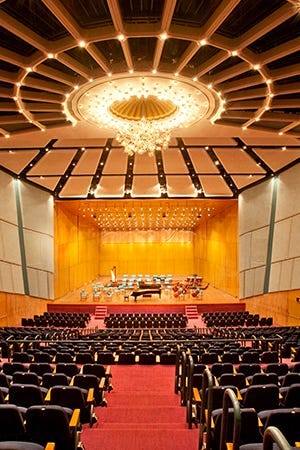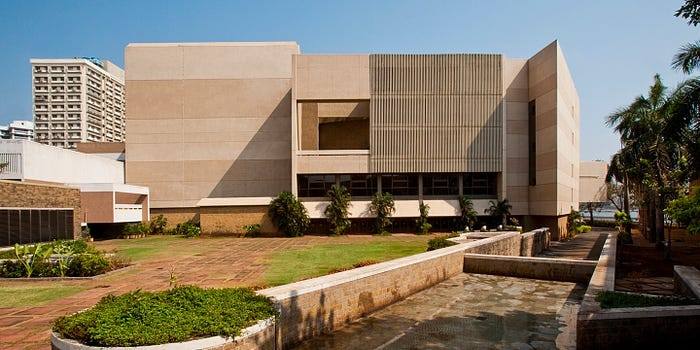The Best Of Ratan Tata: Outstanding Vision And Philanthropy
The Arts and Culture Contributions of Ratan Tata: A Legacy of Vision and Philanthropy
An era in business, philanthropy, and the arts and culture has come to an end with the death of Ratan Tata on October 9, 2024, at the age of 86. The Chairman Emeritus of Tata Sons, Ratan Tata, made a significant contribution to the advancement of Indian culture, history, and creative excellence. He played a significant role in fostering and assisting organisations that promoted India’s cultural diversity internationally throughout his life.
1. The Pritzker Architecture Award

Beyond his charitable work, Ratan Tata had a deep passion for architecture. He was a member of the jury for the Pritzker Architecture Prize, one of the most prominent honours in the field, from 2014 to 2019. His contribution helped draw attention to cutting-edge, environmentally friendly, and socially conscious building practices—values that aligned with his larger goals of cultural advancement and philanthropy.
2. The Tata Trusts: Cultural and Artistic Philanthropy

Ratan Tata’s leadership at Tata Trusts, one of the biggest philanthropic organisations in India, allowed him to further contribute to culture. For many years, the Trusts have funded a wide range of cultural and artistic endeavours throughout the nation. Under Ratan Tata’s leadership, the Tata Trusts made large investments in cultural preservation, whether it was by sponsoring the restoration of historical sites or offering scholarships to aspiring artists.
The Trusts, for instance, awarded funding to groups devoted to the conservation of old structures, artwork, and manuscripts. The goal of these programs was to preserve India’s rich cultural legacy for upcoming generations. To ensure that modern artists have venues to display their work, Tata Trusts has also sponsored a number of art festivals and exhibitions.
3. Encouragement of the Visual Arts and Preservation of Cultural Heritage

The visual arts have long been supported by Ratan Tata and the Tata family. Tata Trusts provided crucial assistance to the Chhatrapati Shivaji Maharaj Vastu Sangrahalaya (CSMVS), previously the Prince of Wales Museum in Mumbai, for the preservation and upkeep of its historical holdings. Such charitable endeavours have helped to preserve the extensive collection of Indian sculpture, art, and historical artefacts that are housed in the museum. In addition to rehabilitating historic buildings, Ratan Tata envisioned conserving India’s creative heritage by making sure that they would continue to inspire and instruct coming generations.
4. Art and Architecture Education and Research

Despite having a degree in architecture, Ratan Tata made significant contributions to design and art. His own experience in architecture shaped his appreciation of the value of creativity and design. Many Indian students were able to study overseas and make contributions to the domains of design, architecture, and art because to Tata Scholarships. In order to ensure that future generations are prepared to maintain India’s creative legacy, the Tata-Cornell Institute for Agriculture and Nutrition at Cornell University, which Ratan Tata helped found, continues to provide scholarships for students studying a variety of subjects, including arts and culture.
5. Kala Ghoda Festival of the Arts

One of Mumbai’s biggest cultural festivals, the Kala Ghoda Arts Festival, has received significant funding from the Tata Group. Artists, musicians, and performers from all across India and overseas come together for this yearly celebration of a wide variety of artistic mediums. The group, which was led by Ratan Tata, understood the value of these festivals in giving modern artists a stage on which to engage with the public and democratise art.
6. Heritage Restoration in India

Tata Trusts launched a number of initiatives to restore historic places and monuments under Ratan Tata’s direction. For example, the restoration of Mumbai’s Raj Bhavan was made possible in large part by the Tata Trusts. These initiatives demonstrated his profound regard for India’s architectural and historical heritage and guaranteed that these reminders of the past would endure for upcoming generations.
7. NCPA, the National Centre for the Performing Arts


The establishment and maintenance of the National Centre for the Performing Arts (NCPA) in Mumbai was one of the Tata family’s most important cultural contributions, in which Ratan Tata played a key role. Since its founding in 1969, NCPA has emerged as India’s leading centre for performing arts, encompassing Western classical music, dance, Indian classical music, and theatre. Under the inspiring direction of people like Ratan Tata, the Tata Group gave this facility a substantial amount of institutional and financial support, which enabled it to develop into a well-known place for artistic expression on a global scale.

Ratan Tata’s dedication to the NCPA over the years demonstrated his love for conserving India’s rich cultural legacy. Under his direction, the centre continued to be a stronghold for cultural instruction and creative performances. Because of Ratan Tata’s commitment to promoting the arts, NCPA has expanded into a venue for both well-known and up-and-coming artists, encouraging cross-cultural interactions between Indian and foreign performers.
Impact and Obituary: A Nation Laments

India has suffered a great loss with the death of Ratan Tata. Under his direction, India’s social and cultural fabric was profoundly impacted in addition to the Tata Group becoming a worldwide force. In addition to being a titan of business, Ratan Tata will be known as a visionary philanthropist who promoted India’s creative and cultural legacy with his wealth and connections. He firmly believed in the preservation of Indian history and was an advocate for artists as well as a patron of the artistic and performing arts.
In his homage, Prime Minister Narendra Modi called Tata “a visionary business leader and a compassionate soul” who had a significant impact on India’s progress.
Globally, politicians, businesspeople, and cultural leaders have all paid their respects, recognising his enduring legacy.
Ratan Tata embodied a greater sense of obligation towards society in an era where corporate social responsibility is sometimes reduced to a simple checkbox. His cultural and artistic expenditures were not just financial; they also aimed to promote a cultural revival that gave Indian artists a chance to succeed internationally. Although his passing will be profoundly regretted in many different fields, his contributions to the arts and cultural landscape will remain, guaranteeing that his legacy will continue to be carried on by the organisations and artists he supported.
The globe considers the effects of a life well-lived—one devoted not only to corporate success but also to societal advancement, cultural preservation, and the pursuit of artistic expression—as India laments the passing of this legendary leader.




